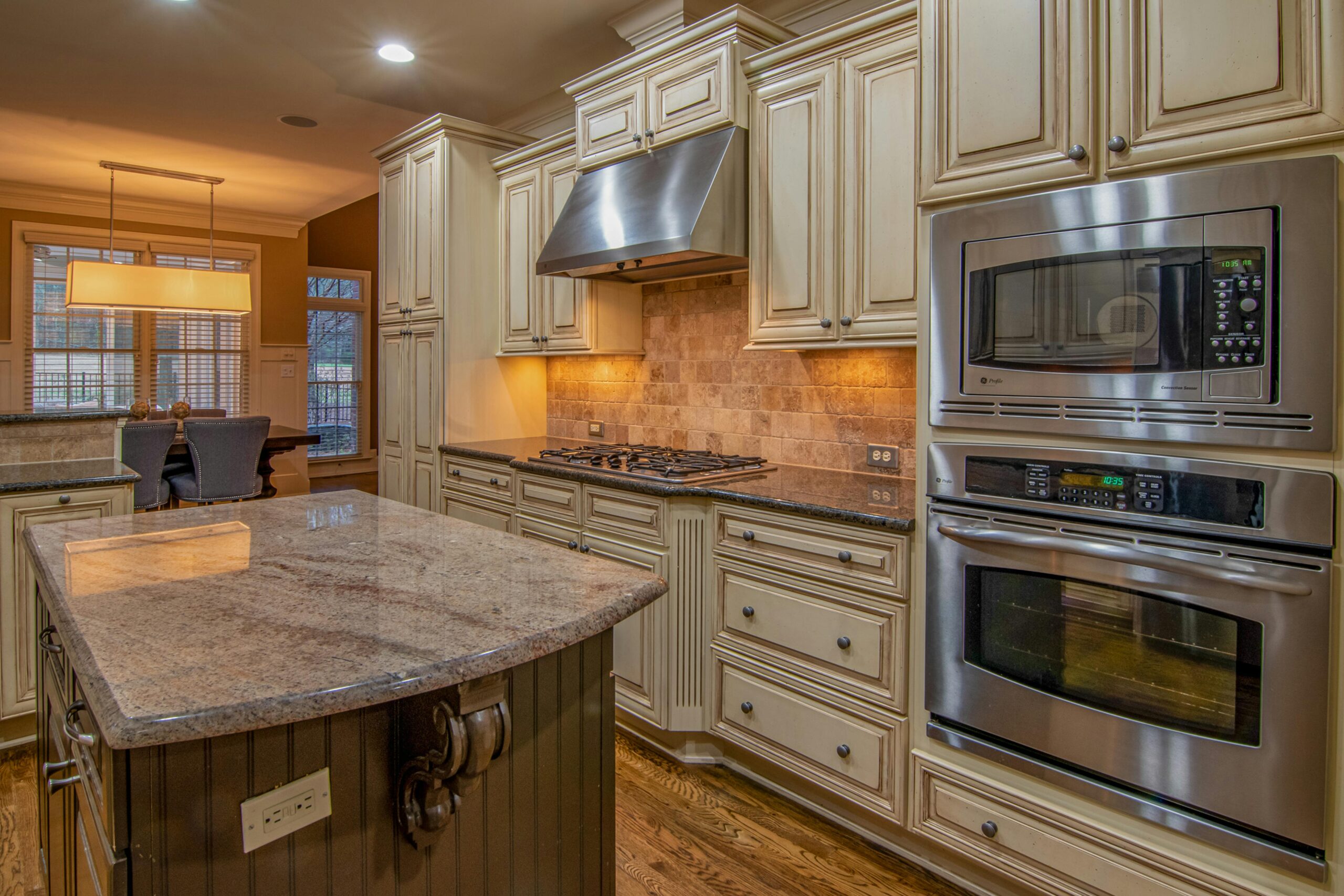Energy-efficient appliances have gained popularity due to their ability to consume less energy while still providing the same level of performance as their traditional counterparts.
In this guide, we’ll explore the various advantages of using energy-efficient appliances, ranging from financial savings to environmental conservation.
So, let’s delve into the world of energy efficiency and discover why it’s a win-win for both homeowners and the planet.
1. Lower Energy Bills
One of the most immediate and tangible benefits of using energy-efficient appliances is the reduction in energy bills. Energy-efficient appliances are designed to consume less electricity or gas while still providing the same level of functionality as their less-efficient counterparts.
Over time, the savings on utility bills can add up significantly, making energy-efficient appliances a cost-effective choice for homeowners. Whether it’s a refrigerator with improved insulation, a washing machine with advanced water-saving technology, or an air conditioner with higher energy efficiency ratings, these appliances can help lower monthly energy expenses without sacrificing performance.
2. Environmental Conservation
In addition to saving money, using energy-efficient appliances also contributes to environmental conservation. Traditional appliances typically consume more energy, leading to higher greenhouse gas emissions and increased reliance on fossil fuels.
By choosing energy-efficient appliances, you can reduce your household’s carbon footprint and help mitigate climate change. Energy-efficient appliances use less energy to operate, resulting in lower emissions of carbon dioxide and other pollutants.
Additionally, many energy-efficient appliances are designed to be more durable and long-lasting, reducing the need for frequent replacements and minimizing waste.
3. Enhanced Performance and Features
Contrary to popular belief, energy-efficient appliances not only save energy but also offer enhanced performance and features. Manufacturers have invested in research and development to improve the efficiency and functionality of appliances while reducing their environmental impact.
Energy-efficient refrigerators, for example, often come equipped with advanced temperature controls and humidity management systems, ensuring optimal food preservation while minimizing energy consumption.
Similarly, energy-efficient washing machines and dishwashers utilize innovative technologies such as sensor-driven cycles and water-recycling systems to deliver superior cleaning results with less water and energy usage.
4. Rebates and Incentives
Many governments and utility companies offer rebates and incentives to encourage the adoption of energy-efficient appliances. These incentives can offset the initial cost of purchasing energy-efficient appliances, making them more affordable for homeowners.
Rebates may be available for specific appliances that meet certain energy efficiency standards or for participating in energy-saving programs such as appliance recycling or home energy audits. Additionally, some utility companies offer time-of-use pricing plans or energy efficiency rebates to incentivize consumers to shift their energy usage to off-peak hours or invest in energy-saving measures.
5. Long-Term Savings and Return on Investment
While energy-efficient appliances may have a higher upfront cost compared to their conventional counterparts, they often provide long-term savings and a high return on investment. The energy savings generated by using energy-efficient appliances can outweigh the initial purchase price over the lifespan of the appliance.
Additionally, energy-efficient appliances tend to require less maintenance and repair, further reducing long-term operating costs. By investing in energy-efficient appliances, homeowners can enjoy both immediate savings on energy bills and long-term financial benefits.
Conclusion
The benefits of using energy-efficient appliances extend far beyond just saving on utility bills. From lower energy costs and environmental conservation to enhanced performance and long-term savings, energy-efficient appliances offer a myriad of advantages for homeowners.
By choosing appliances with high energy efficiency ratings and innovative features, you can reduce your carbon footprint, save money, and enjoy superior performance in your home. So, take the first step towards a more sustainable and cost-effective lifestyle by upgrading to energy-efficient appliances today.
Frequently Asked Questions (FAQs)
1. How much money can I save by using energy-efficient appliances?
The amount of money you can save by using energy-efficient appliances depends on various factors, including the types of appliances you use, your energy consumption habits, and local utility rates. On average, homeowners can save hundreds of dollars per year on energy bills by upgrading to energy-efficient appliances.
2. Are energy-efficient appliances more expensive to purchase upfront?
While energy-efficient appliances may have a higher upfront cost compared to conventional appliances, they often provide long-term savings and a high return on investment. Additionally, rebates and incentives from governments and utility companies can help offset the initial purchase price, making energy-efficient appliances more affordable.
3. How do energy-efficient appliances help protect the environment?
Energy-efficient appliances consume less energy to operate, resulting in lower emissions of greenhouse gases and other pollutants. By reducing energy consumption, energy-efficient appliances help mitigate climate change and minimize environmental impact.
4. Do energy-efficient appliances perform as well as traditional appliances?
Yes, energy-efficient appliances are designed to deliver the same level of performance as traditional appliances while consuming less energy. In many cases, energy-efficient appliances offer enhanced features and functionality, such as advanced temperature controls and water-saving technologies.
5. What rebates and incentives are available for purchasing energy-efficient appliances?
Many governments and utility companies offer rebates and incentives to encourage the adoption of energy-efficient appliances. These incentives may include cash rebates, tax credits, or discounts on the purchase price of qualifying appliances. Check with your local utility company or government agency to learn more about available incentives in your area.



